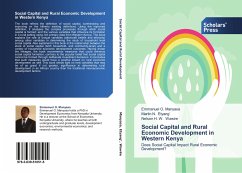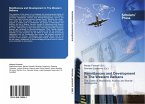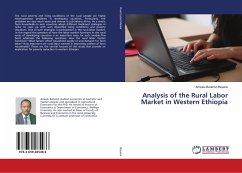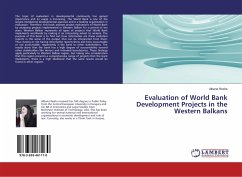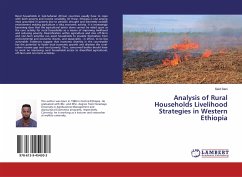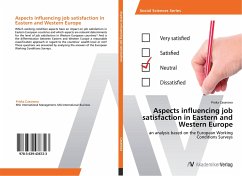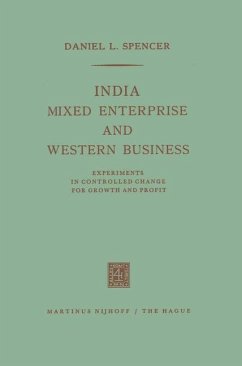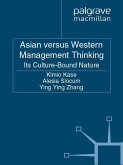The book refines the definition of social capital, synthesising and improving on the hitherto existing definitions. Using the improved definition, it analyses the complex processes through which social capital is formed; and the various variables that influence its formation in a rural setting using rich primary data from Western Kenya. The book explains the role of unique variables (witchcraft beliefs and ethnicity) among other variables in determining the stock of household level social capital. Also explained in this book is the relationship between the stock of social capital (both household- and community-level) and a variety of household economic development outcomes. Having drawn the linkages, the book recommends measures that could enhance social capital formation, contrary to the popular belief that social capital cannot be formed through deliberate investment decisions. It concludes that such measures would have a positive impact on rural economic development as well. This book sheds light on new variables that may be of as great if not greater, significance in determining rural development in an African country than the traditional microeconomic development factors.
Bitte wählen Sie Ihr Anliegen aus.
Rechnungen
Retourenschein anfordern
Bestellstatus
Storno

